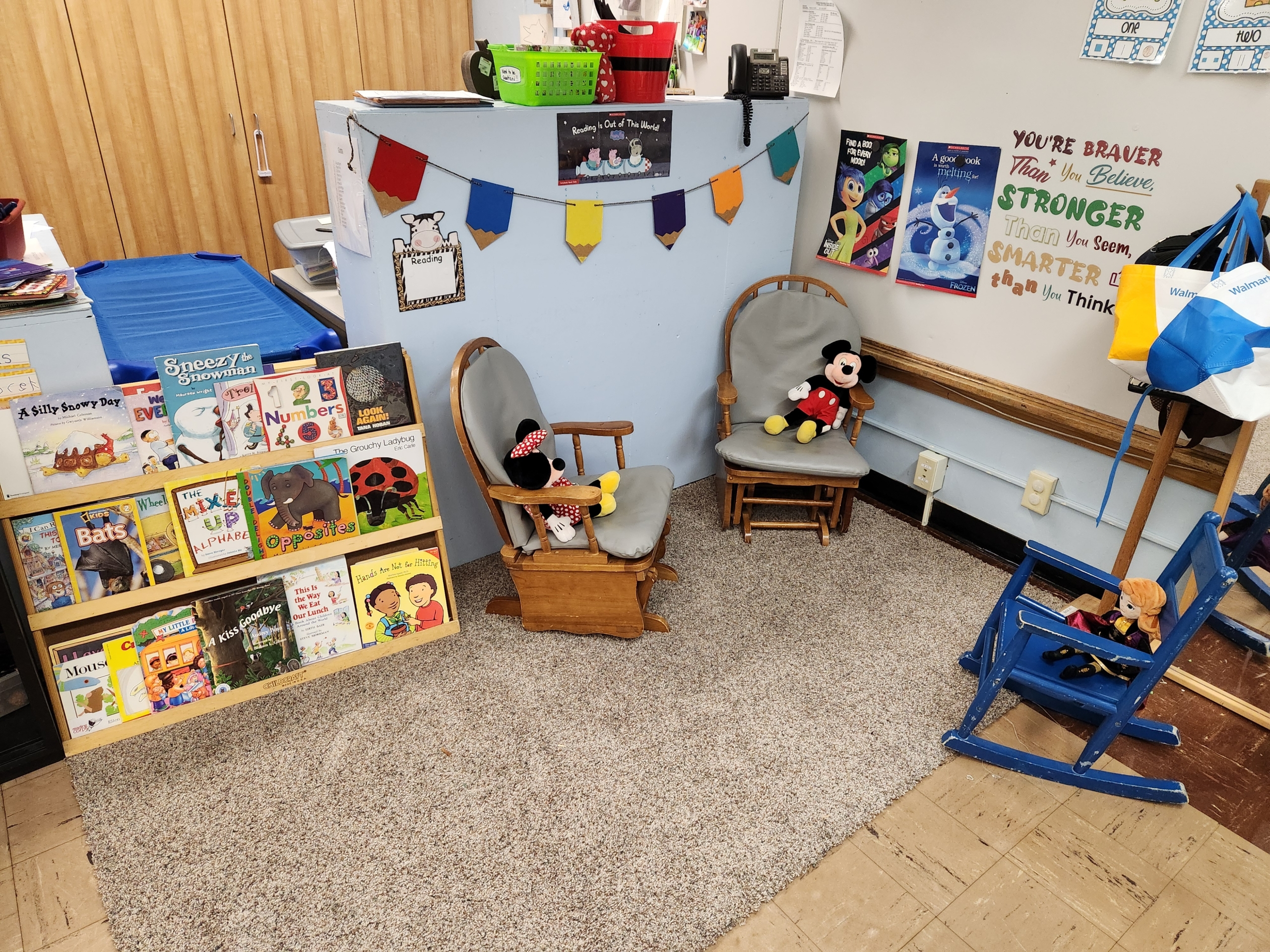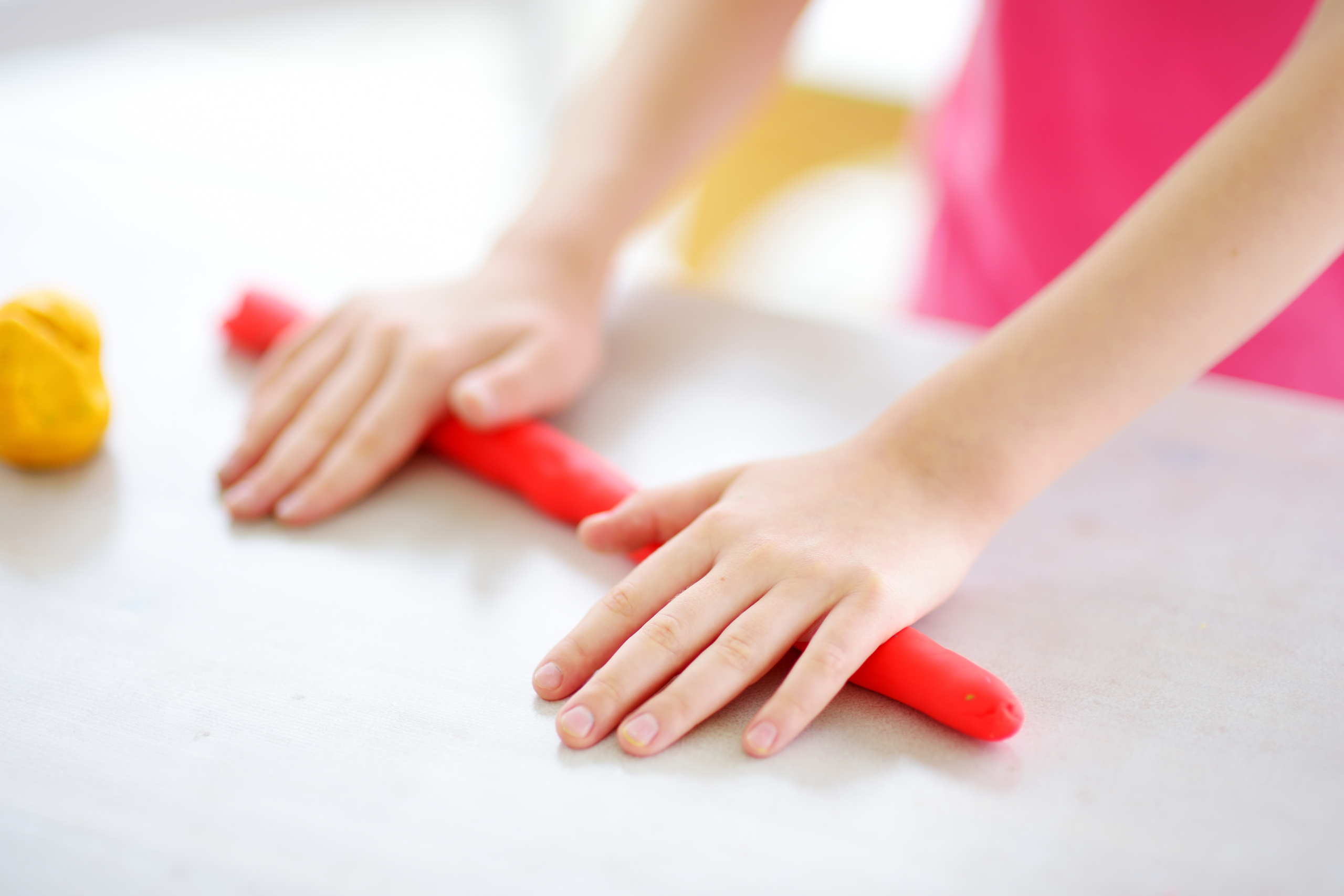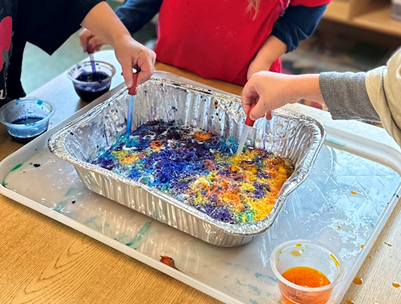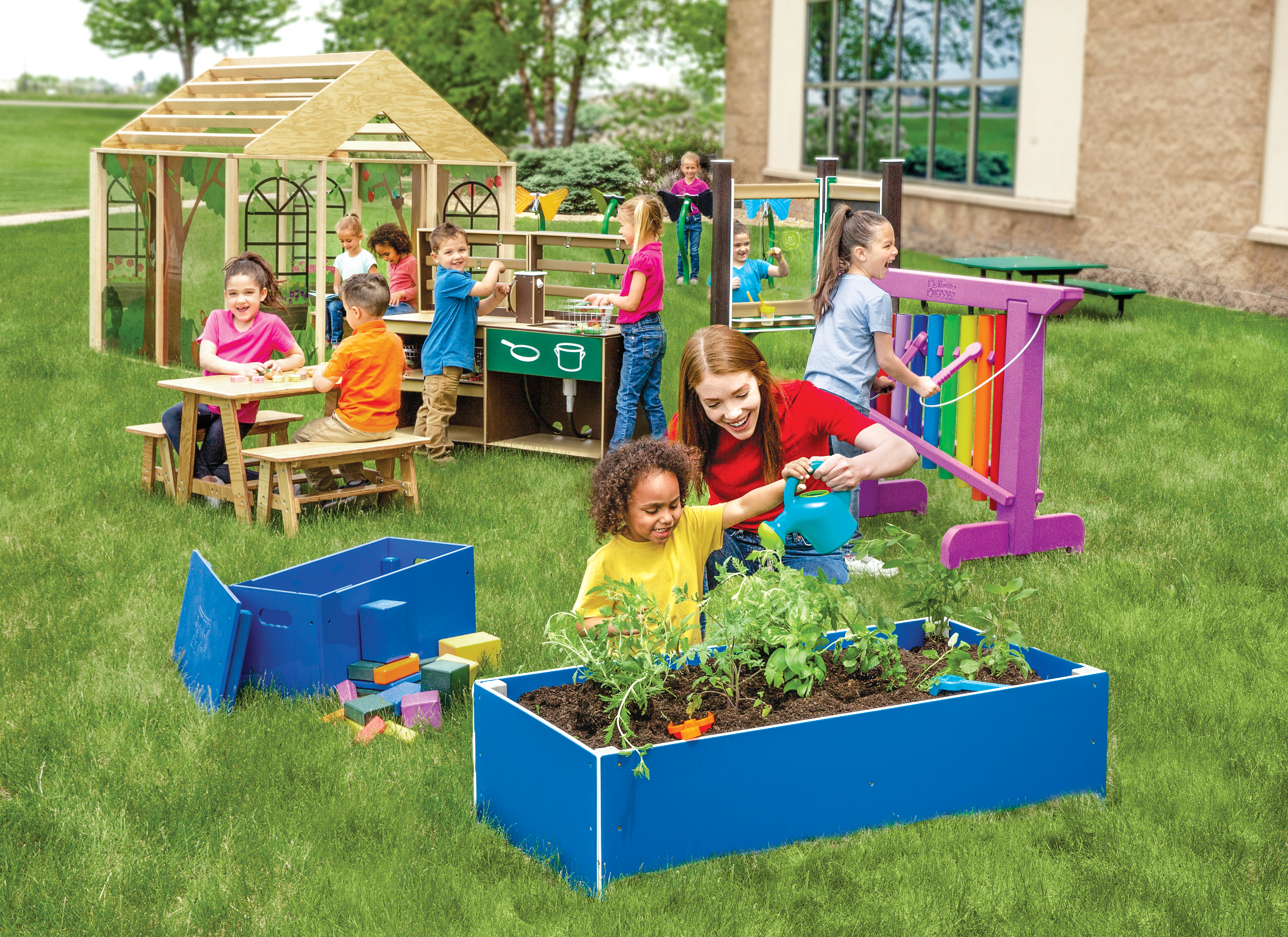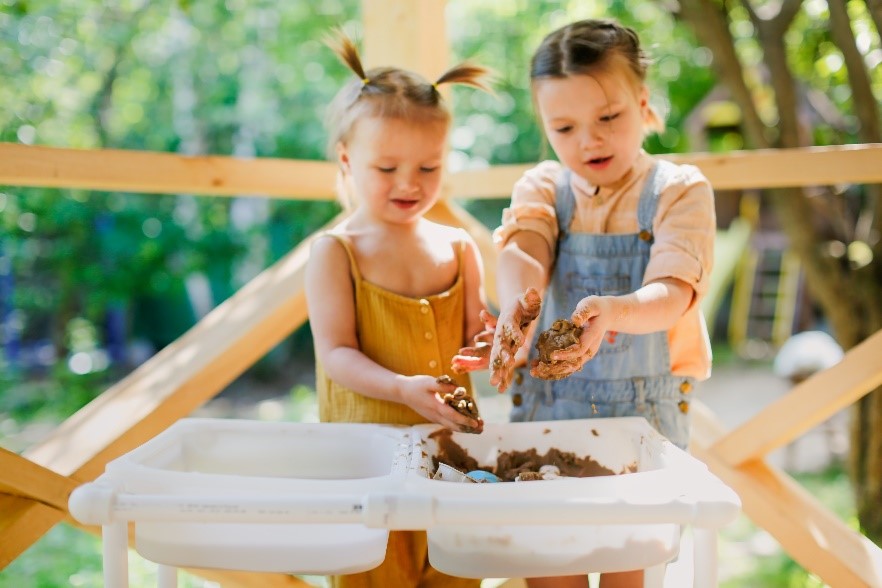Welcome to the Play with a Purpose Blog!
We are thrilled to introduce the Play with a Purpose blog to the early childhood education community. As leaders in providing physical activity products for young children, we are now dedicated to offering valuable resources to teachers and childcare professionals. Authored by educators, our blogs provide field-tested ideas to enhance your work, drawing from our team’s expertise in early education and a passion for active play.
Recent Blogs
Cultivate Growth and Exploration Through Planting
April showers bring May flowers! Unless you live in the depths of the Midwest - in which you need to get ahead with the planting [...]
Lucky Learners! St. Patrick’s Day Activities for the Classroom
St. Patrick’s Day is just around the corner! I love incorporating holiday activities into the classroom to keep kids engaged in learning. These themed activities [...]
Merry-Go-Cycle: A Playground Game Changer
Our lower school’s newest playground equipment arrived over Winter break. The kiddos were elated to return from vacation to find an exciting new addition to [...]
How to Create a Calming Reading Area
As an adult, who doesn’t love curling up and relaxing with a good book? Kiddos are the same way! Setting the scene with comfortable chairs, [...]
Active and Educational Indoor Activities
Winter is upon us, and the ever growing need to keep children busy indoors is increasing; what do you do when you have young children [...]
STEM for the Curious Child
Some may wonder how STEM can be geared for children, but the short answer is - it was made for them! Children, birth through [...]
Learning Without Boundaries
Children are natural learners and are at their highest level of development when they are at play. Outdoor play is especially beneficial to the support [...]
Sensory Play Everyday
Now that the weather is warming up and kids are getting anxious to be outside, it is the perfect time to switch up your sensory [...]
How To Introduce Flexible Seating
Over the last few years, flexible seating has gained popularity in education because of its positive association with increased focus and encouraged student choice. Innovative [...]




